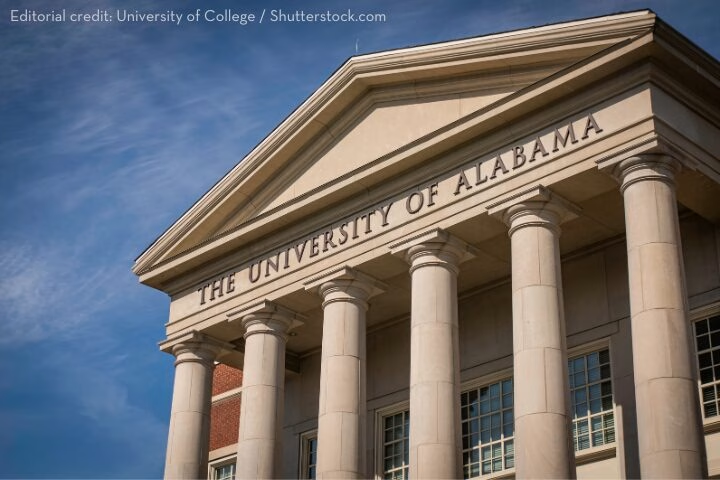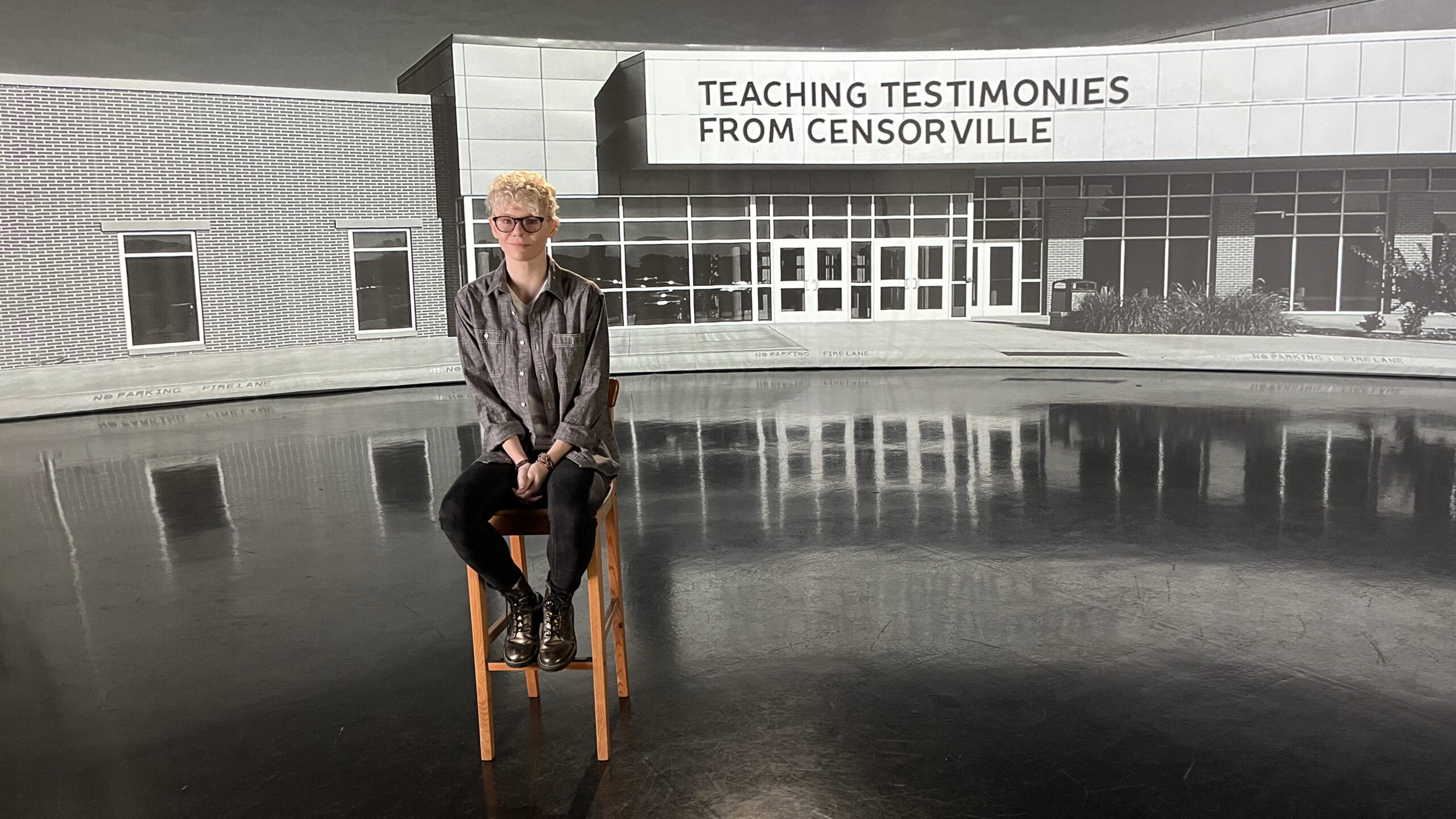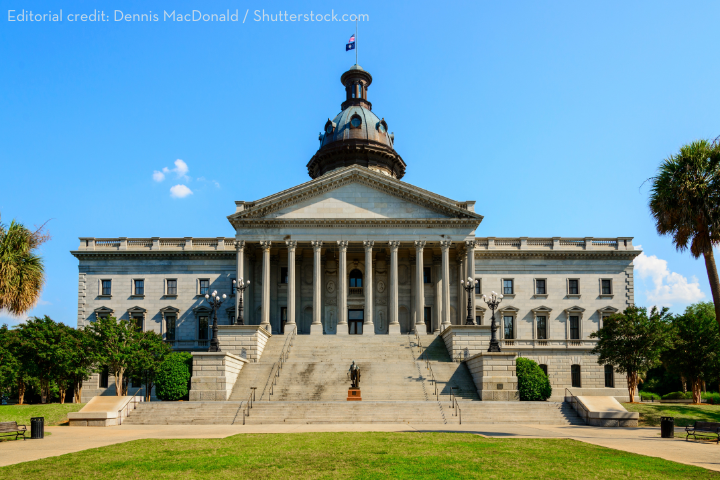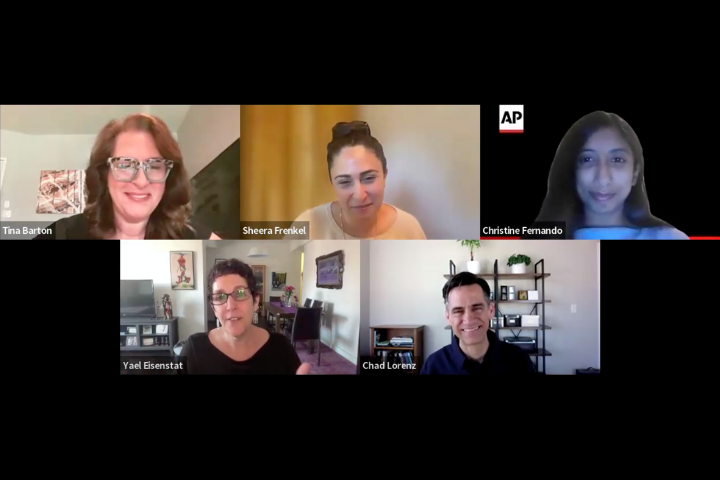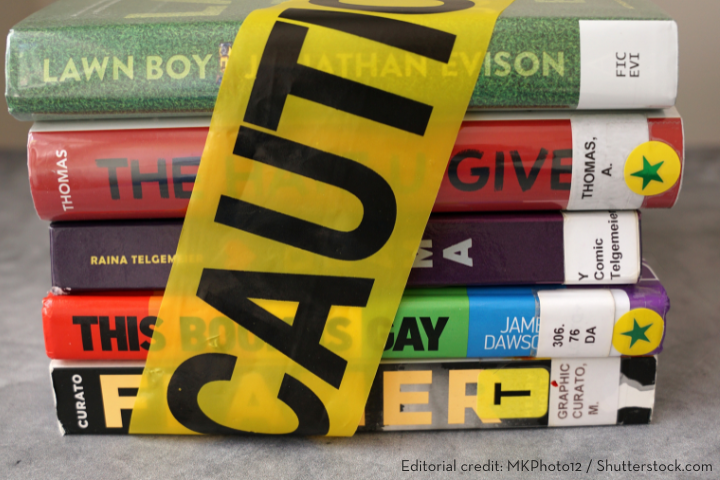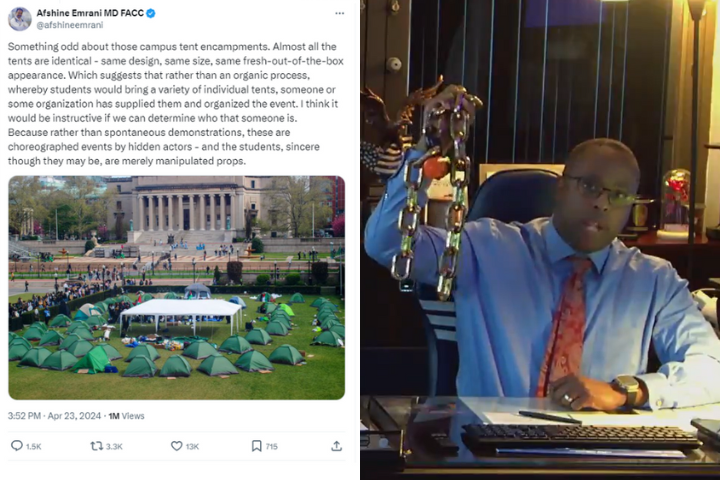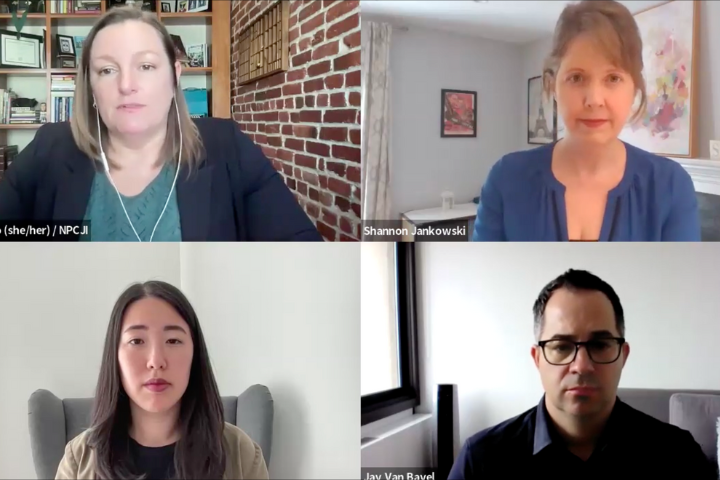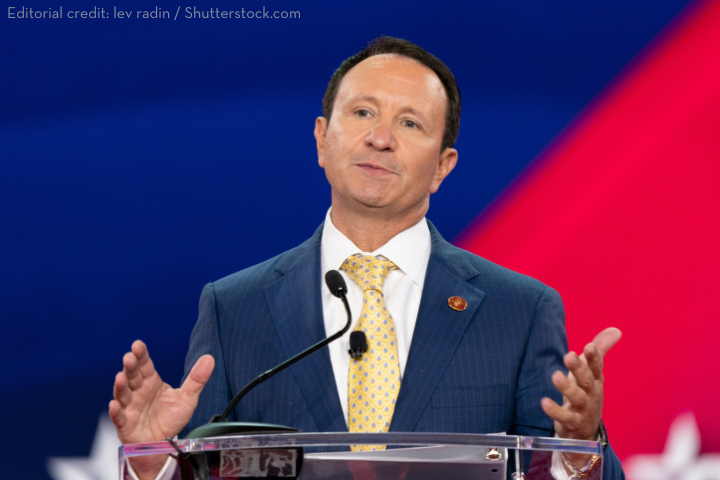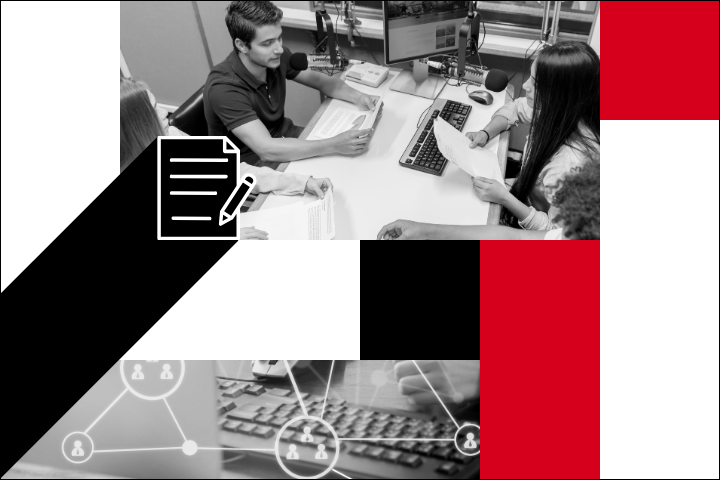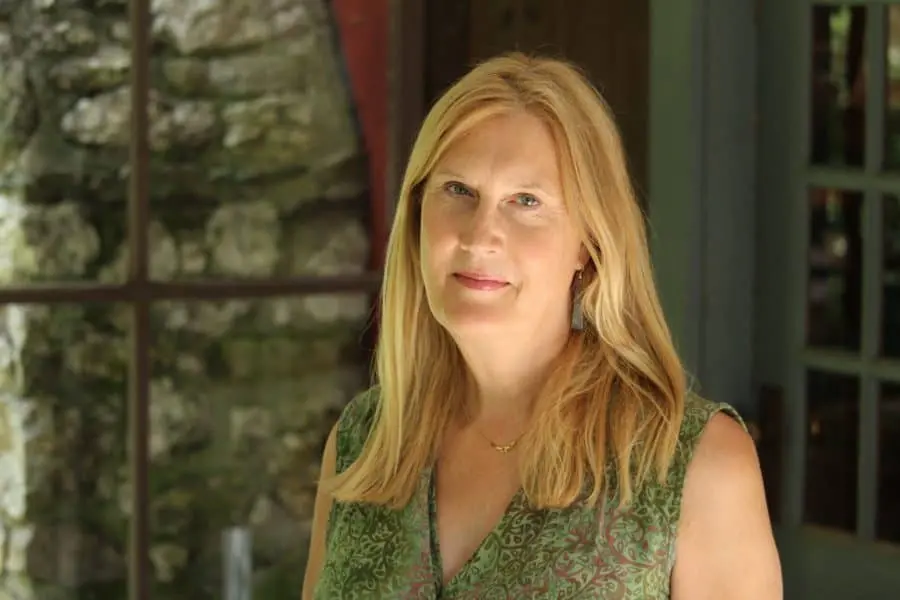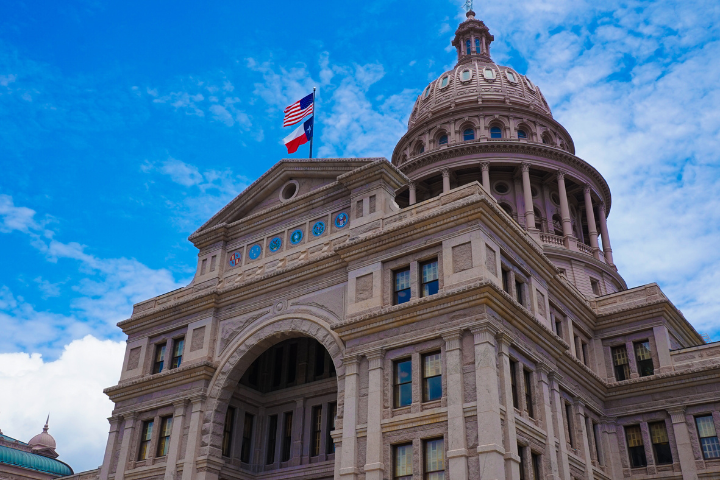
When school was out of session this summer, dozens of high school students flocked to classrooms in New York City, Washington, D.C., and Los Angeles for PEN America Free Expression Advocacy Institutes that taught them to think critically about issues ranging from the ethics of storytelling to disinformation defense.
“We’re the next generation,” said Tessa, one of the students at the New York City institute. “We’re someday going to be shaping our democracy. We are the future, so it’s especially important for students to stay educated and be active.”
PEN America’s Free Expression Advocacy Institutes began as a three week virtual program in 2020 as a way to connect and engage young people during the height of the pandemic. Since then, the program expanded to in-person week-long experiences in three flagship cities, certifying more than 500 students who were added to our community of youth advocates.
The 2024 institutes kicked off with workshops that provided an overview of free expression across the globe and in the United States, continued with an exploration of online free expression issues, and concluded with an examination of the state of book bans and a celebration of literature.
“The goal of our programs is to reform and transform how young people can imagine the freedom of expression,” said Niko Perez, program manager of free expression and education at PEN America.
Throughout the week, students attended presentations by PEN experts on topics such as Artificial Intelligence, educational censorship, book bans, and protest rights, and heard from guest speakers such as Ugandan playwright Achiro P. Olwoch, Egyptian writer Ahmed Naji, Vietnamese singer/songwriter Mai Khoi, and deputy director of the ACLU Speech, Privacy, and Technology Project Esha Bhandari. Attendees also worked in small groups to create mock advocacy campaigns for free expression issues of their choosing, which they presented to a panel of PEN America experts at the end of the institute.
“Throughout these programs, the goal has been to empower students and help them realize that they too have a role to play in shaping the free expression landscape,” said Peris Tushabe, free expression and education program coordinator at PEN America.
All students participated in PEN America’s programming at no cost. Vola, another New York institute attendee, expressed her gratitude for its accessibility. “A lot of workshops in education right now, especially over the summer, do cost a lot … and that can create an economic gap in the knowledge people have,” she said.
Vola added that she had grown more eager to learn about free expression over the course of the week. “I’ve learned I don’t actually know as much as I think I might,” she said. “The most important thing I’ve taken away is just how important it is to always be curious about free speech.”
Graduates of the Free Expression Advocacy Institutes said they learned about the power of community. Some graduates have gone on to form their own advocacy groups, like the Golden State Readers, formed by students at schools across Los Angeles and the Bay Area to fight book banning and return restricted books to classrooms.
The workshops provided Tessa with the opportunity to learn about artists at risk in Vietnam, Russia, China, and Uganda. “It is actually bewildering that people are being prosecuted, people are being beaten on the street for their prose.”
Milana, a third student at the New York institute, said she believed the study of free expression issues was especially essential for young students like herself in advance of the presidential election. “Oblivious people are the most dangerous people,” she said. “Considering the current events, it would be really good to use the stuff I learned here in the future in my own life and to help other people.”


